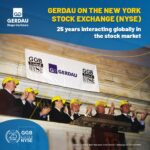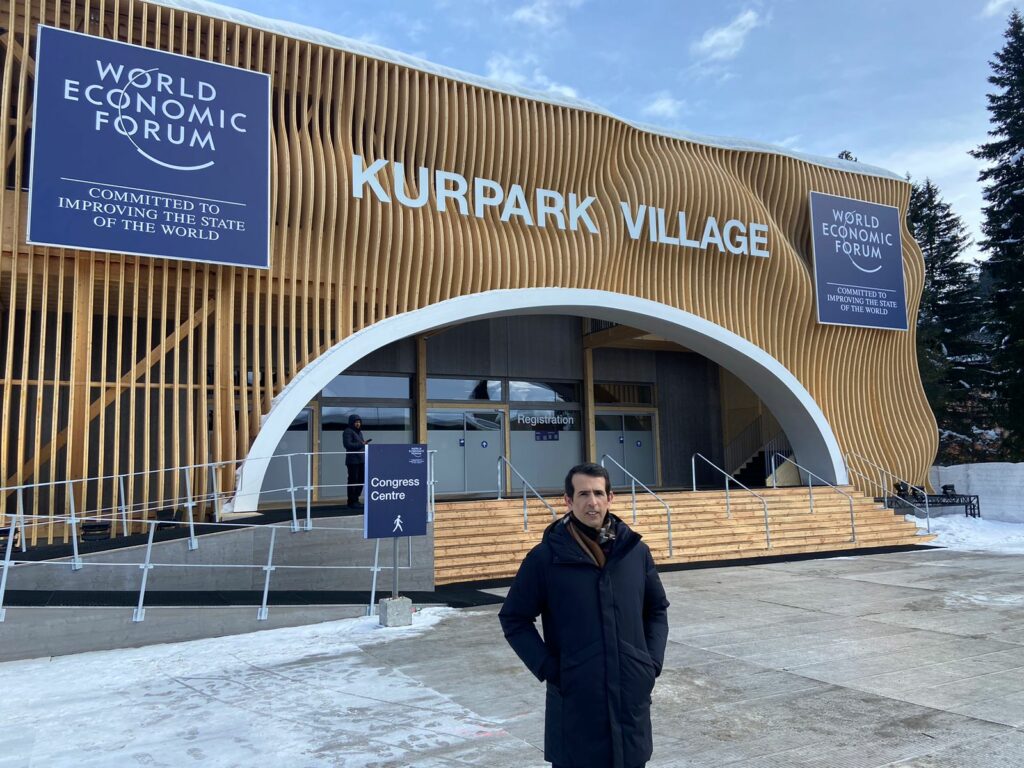Gerdau celebrates 25 years as listed company on the New York stock exchange

Company executives participated for the first time in the event, which brings together top political and corporate leaders in Switzerland to discuss the global trends in issues such as climate change and energy transition

Gerdau, Brazil’s largest steel producer, is part of the delegation attending the World Economic Forum, being held in Davos, Switzerland, from January 15 to 19. The 54th edition of the Forum brings together the business elite, company CEOs, heads of state and representatives of civil society from diverse countries to discuss about “Rebuilding Trust” and the future of the global economy.
This year, for the first time, Gerdau’s spokespeople will participate the Forum and closely follow the discussions on conflicts that are impacting the world directly and indirectly, rising inflation and interest rates, green economy, climate crisis, energy transition and other topics. The goal of the meeting is to rebuild trust and shape the principles to face the global challenges in 2024 and find solutions for the future.
For Gustavo Werneck, CEO of Gerdau, who participated in the event, the company’s presence in the World Economic Forum underscores the role of organizations in leading global discussions with diverse audiences. “The participation of Gerdau, a centenary company that is celebrating 123 years of history, in this international event reaffirms its commitment to sustainable growth and its ambition of being part of the solutions to society’s challenges, while causing a positive impact on the regions where it is present. We want to play a leading role in the outcomes of discussions held during the Forum, which will directly affect the future of the planet”, said Werneck.
Gerdau is the largest recycler of scrap in Latin America, annually transforming 11 million tonnes of scrap into steel. More than 71% of its production originates from the recycling process, enabling it to produce steel with low carbon emissions, which are less than half of the world average of greenhouse gas emissions (CO₂e) of the global steel industry.